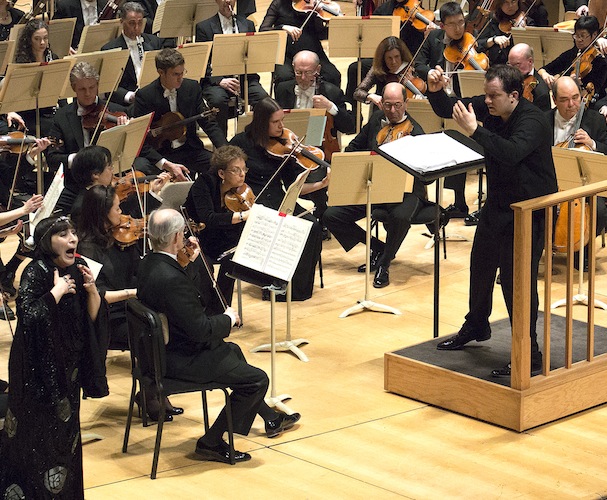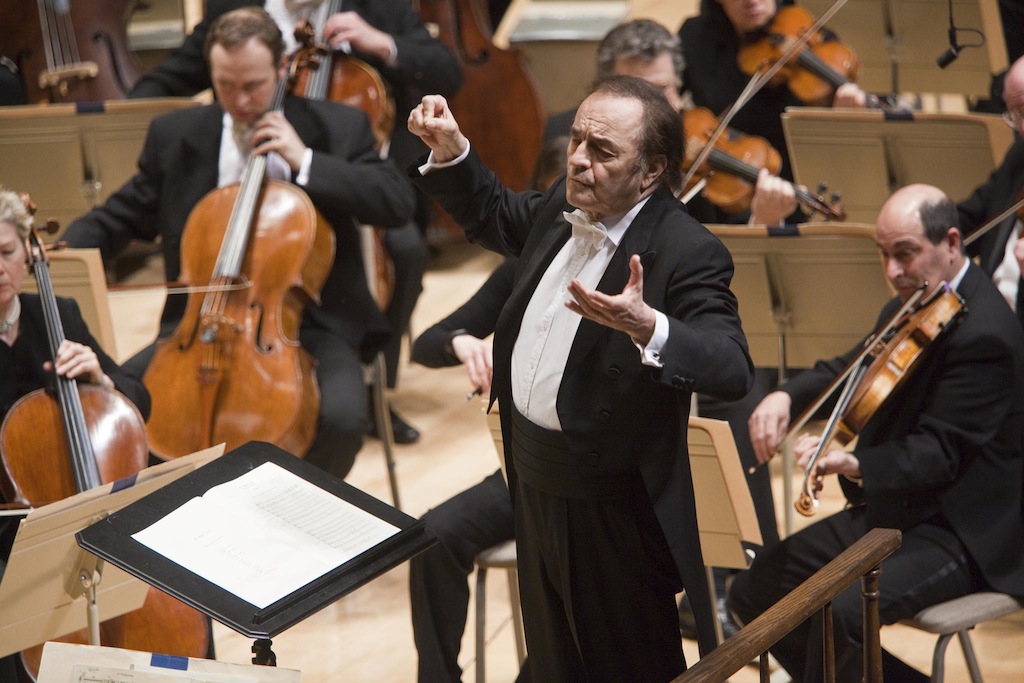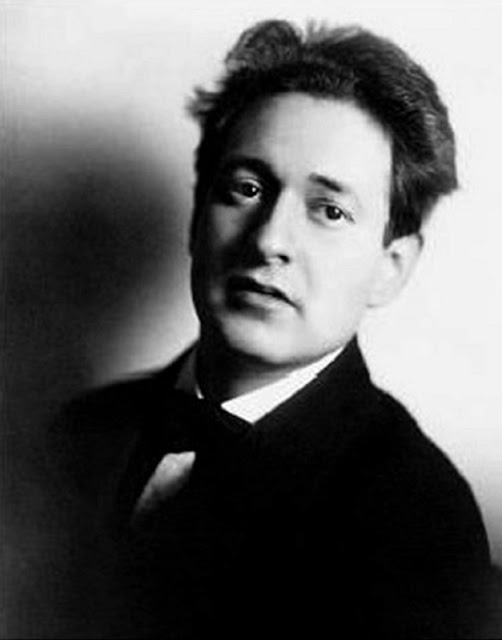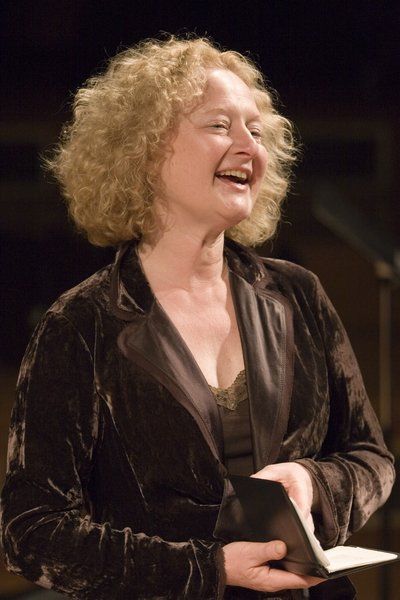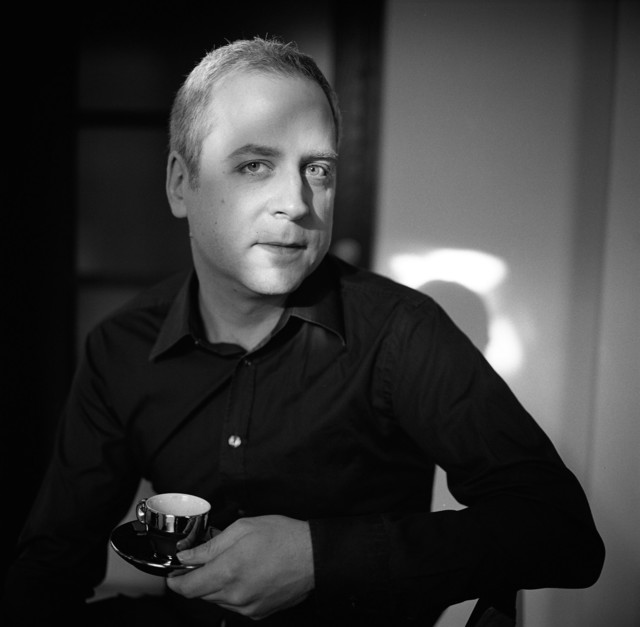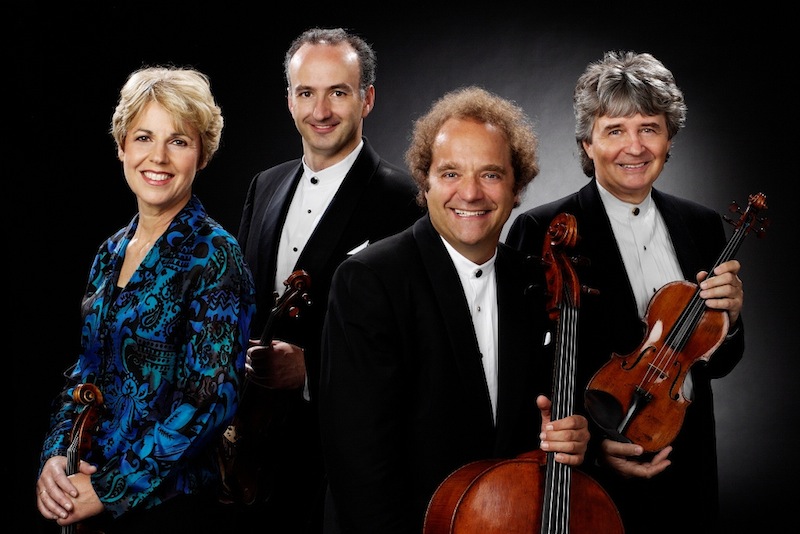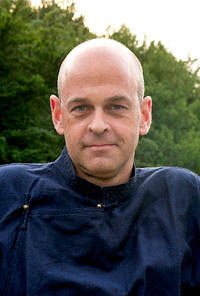The Top Ten Performances of 2014
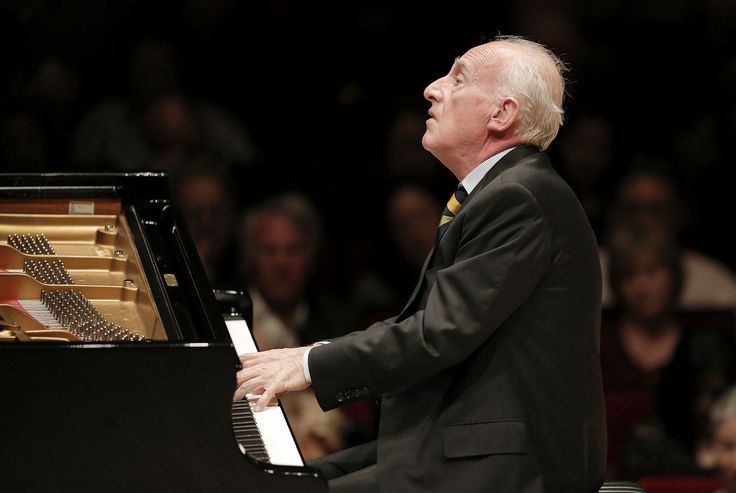
1. Maurizio Pollini: Schumann and Chopin
Following a series of cancellations due to illness, the distinguished Italian pianist made his first Boston appearance since 2010. Playing his own Hamburg Steinway as modified by legendary piano technician Angelo Fabbrini, Pollini followed his whims in this Romantic repertoire and made the audience love it. Deep study of the music and a half century on the recital stage have given everything Pollini does an air of authority few performers living today can match. The energy, the searching intellect, the sonorous piano tone, and the utter confidence in one’s direction that have gripped audiences over the decades were fully on view in this October recital, presented by the Celebrity Series. (DW)
2. Andris Nelsons and the Boston Symphony Orchestra: Strauss’s Salome
We all knew BSO then-music-director-designate Andris Nelsons was eagerly awaited here, but did he really need John the Baptist to announce it? The then-headless orchestra did right by the soon-to-be-headless prophet and all the other characters in March concert performances of Strauss’s lurid melodrama, with an able cast led by soprano Gun-Brit Barkmin, sulky and kittenish in the title role. Nelsons masterminded a spectacular production that left longtime BSO-watchers feeling reassured about the orchestra’s youthful new hire. (DW)
3. Charles Dutoit and the Boston Symphony Orchestra: Symphonie fantastique
As the BSO wrapped its subscription season in April before going on tour, one last pretty “orchestral showpiece” seemed in order—but conductor Dutoit had other ideas. Sensing that only an orchestra willing to sound ugly will discover the true nature of Berlioz’s bizarre masterpiece, Dutoit demanded shrieking strings and cruel thrusts of brass, and generally drove the players far out of their comfort zone to bring back what is still, 180 years after it was composed, one of the strangest works in the orchestral repertoire. (DW)

Andris Nelsons conducts the Boston Symphony Orchestra with soprano Kristīne Opolais and tenor Jonas Kaufmann. Photo: Chris Lee
4. Andris Nelsons and the Boston Symphony Orchestra: Inaugural Concert
September’s gala concert by and for Andris Nelsons as incoming music director of the BSO was about so much more than the works being performed—high hopes for the future, high-profile soloists, high-wattage television lights on everything including the audience, even a high camera on a boom swooping over the stage—that if some decent Wagner, Puccini, and Respighi came out of it all, it would feel like a bonus. And much did, particularly tenor Jonas Kaufmann’s gripping rendition of “In fernem Land” from Lohengrin, and an evocative Pines of Rome. (DW)
5. Odyssey Opera: Erich Wolfgang Korngold’s Die tote Stadt
Opening its second season in September, artistic director Gil Rose and the aptly-named Odyssey Opera looked over the horizon for ambitious musical adventure, and brought back an opera that was once the toast of the world, but had never been produced in Boston before. This concert performance showcased the melodic gifts, wide orchestral palette, and dramatic instincts of a 23-year-old Wunder who was hailed at the time (1920) as the next Richard Strauss or the next Puccini, but eventually went to Hollywood and became the one and only Erich Wolfgang Korngold. (DW)
6. Bramwell Tovey and the Boston Symphony Orchestra: Brahms’ Ein Deutsches Requiem
When heard live, Brahms’s Ein Deutsches Requiem can be breathtaking, and this performance from October was certainly that. British conductor Bramwell Tovey led a resplendent reading that was aided by the fine singing of bass-baritone Bryn Terfel and soprano Rosemary Joshua. But the real heroes of this performance were the singers of the Tanglewood Festival Chorus. (AK)
7. Boston Camerata: Play of Daniel
Anne Azéma’s new production of this thirteenth-century masterwork, heard in November, was a musical and theatrical spectacle. Her reconstruction of the music from facsimile sources, a welcome departure from the popular Noah Greenberg edition, mixed the fluid style of chant melody with dance rhythms characteristic of the era. A strong cast of singer-actors, led by Jordan Weatherston Pitts in the title role, brought new life to this ancient piece. (AK)
8. Jeremy Denk: Mozart Piano Sonatas and Ligeti Études
Jeremy Denk, perhaps one of classical music’s biggest celebrities these days, returned to his roots with an intimate concert at the Gardner Museum in January. His playing mined a romantic sensibility and lyricism from Mozart’s Piano Sonatas No. 8 and No. 15. Denk displayed his brilliant technique in three of Ligeti’s Études: En Suspens, Galamb borong, and the hard-driving L’escalier du diable. (AK)
9. Takács Quartet: Bartók String Quartets
Warm, inviting lyricism may be the last thing one may encounter when listening to Bartók’s chamber music, but that’s exactly what the Takács Quartet brought to their remarkable survey of the composer’s six quartets in two performances in March and April, sponsored by the Celebrity Series. (AK)
10. Boston Modern Orchestra Project: Irving Fine Symphony
To celebrate Irving Fine’s centennial, Gil Rose and the Boston Modern Orchestra Project offered music by the composer and his Brandeis contemporaries, Arthur Berger and Harold Shapero. But the centerpiece of this May concert was Fine’s Symphony of 1962, one of the noteworthy symphonies of the twentieth century. BMOP’s spectacular performance of the work showed why that is the case. (AK)
Honorable Mention
Osvaldo Golijov’s La Pasión según San Marcos, a setting of the Passion according to St. Mark, was first heard in Boston and Tanglewood in 2001 with the Boston Symphony Orchestra under the direction of Robert Spano. This January concert brought Golijov’s work back to Symphony Hall, with Spano again leading a performance that blazed with fiery energy through its zesty Afro-Cuban and Brazilian rhythms, live-wire mambos, and the vernacular charm of Spanish flamenco melody. (AK)
______________
Best Soirée with a Genius
Aisslinn Nosky with the Handel and Haydn Society: Mendelssohn’s Library. Imagine if you could go to a great composer’s house and see what’s in his record collection. Felix Mendelssohn had something better than a record collection: shelves and shelves of printed music by masters of the past, and friends and family to play it all with. In this April concert, H and H’s high-profile concertmaster Aisslinn Nosky led a string orchestra and chatted with the audience in an intriguing attempt to see inside the mind of the young genius by playing the music he played and studied, concluding with a Concerto for Violin and Strings in D minor that he composed when he was 13. (DW)
Best Fresh Perspective on a Holiday
David Hoose with Cantata Singers: Harbison’s The Supper at Emmaus. May’s well-planned program, with a distinguished world premiere at its center, offered a thought-provoking counterpoint to the exultation of Easter through events that happened, as Luke’s gospel says, “that same day.” Harbison’s new work about the disciples’ supper with their risen Lord bypassed easy dramatics in favor of deep reflection, partnered on this program with extraordinary music on the same subject by Bach and Zelenka. (DW)
Best Answer to the Naysayers
Andris Nelsons, Yo-Yo Ma and the BSO: Esenvalds, Prokofiev, et al. To those who predicted that the BSO would play nothing but Tchaikovsky, Wagner, and Sibelius during Nelsons’s tenure as music director, the Latvian maestro answered in November with a world premiere by Eriks Esenvalds, a whimsical oddity by John Harbison, a Rachmaninoff piece (The Bells) without a big melody, and a heffalump by Prokofiev, the long and difficult Symphony-Concerto for Cello and Orchestra. Want new music? Soloist Yo-Yo Ma’s printed score was so new it snapped shut on him in mid-performance. (DW)
The Bluto Blutarsky Keep-the-Party-Going Award
Handel and Haydn Society, 200th Anniversary Season Opener: In October, just two weeks after the BSO noisily celebrated the inauguration of a new music director (see above), Symphony Hall shook again to a Monteverdi fanfare, Handel fireworks, and a “Hallelujah!” singalong, as artistic director Harry Christophers led H&H’s birthday bash, proving yet again that nobody does pomp and splendor like those guys from the 1700s and their present-day exponents. (DW)
Most Exhilarating Premiere
Rarebit and Ouroboros, two micro-operas by Curtis Hughes and Rudolf Rojahn, were each staged independently by Copeland Woodruff and Giselle Ty for a Guerilla Opera performance in September. Through Woodruff’s evocative straight-forward production and Ty’s wonderfully surrealistic interpretation, the operas mined the psychological depths from a 1950s informational film, Let’s Make a Sandwich, to mesmerizing effect. (AK)
Most Unexpected Pleasure
Christoph von Dohnányi, Yefim Bronfman and the BSO: Beethoven Piano Concerto No. 2. This least-played, least-esteemed of Beethoven’s five piano concertos proved to be Cinderella at the ball during the BSO’s excellent three-concert traversal in March of all five works, plus other Beethoven pieces. The composer himself called it “not among the best of my compositions,” but he might have changed his tune if he could have heard conductor Dohnányi and pianist Bronfman perform it. Dressed in its Sunday best and enlivened by exceptional wit, refinement and sentiment, this poor relation was a delight from start to finish. (DW)
Most Bostonian Musical Event
Blue Heron: 15th-Century Christmas: Where but in the nation’s capital of higher learning and early music would capacity crowds pack a fairly large Cambridge church three days in a row to hear a Christmas program with no “O Little Town of Bethlehem,” no Bach or Handel, in fact no tune you’ve ever heard before unless you’re a musicologist? These December concerts by the choral group specializing in Renaissance music made the 1400s feel like yesterday with vital performances of intricate masterworks of the season by the likes of Ockeghem, Josquin, and Willaert. (DW)
Best Return Engagement
Andris Nelsons, Baiba Skride and the BSO: Gubaidulina’s Offertorium, Concerto for Violin and Orchestra. These artists made the 2013 Top Ten with their gripping performance of Shostakovich’s Violin Concerto No. 1, and Skride’s November return in an utterly different work from the Soviet era was a strong contender this year. The egotism implied in the title “concerto” was absent from her performance; even in her part’s most athletic moments, the Latvian violinist seemed more the vessel than the interpreter of this mystical music, and her countryman Nelsons was a sensitive acolyte. (DW)
Posted in Articles
